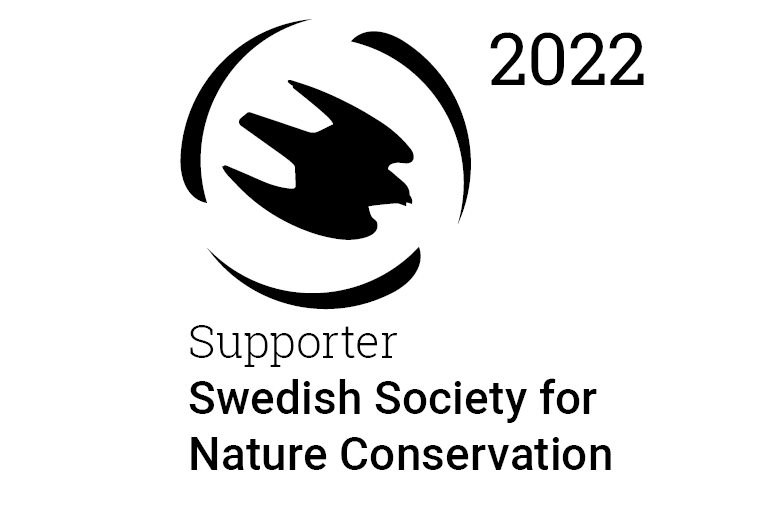News Details

Canadian Food Inspection Agency Proposes Interim Standard to Address PFAS Contamination in Municipal Biosolids Used as Fertilizers
On February 5, 2024, the Canadian Food Inspection Agency (CFIA) notified the World Trade Organization (WTO) of an interim standard for per- and polyfluoroalkyl substances (PFAS) in municipal biosolids imported or sold in Canada as fertilizers. The deadline for comments is April 5, 2024.
Background Information
Per- and polyfluoroalkyl substances (PFAS) have become a major concern due to their persistence and potential adverse effects on human health and the environment. Commonly found a variety of products and industrial processes, the substances have the potential to contaminate soil, air, water, and even municipal biosolids (the product of wastewater treatment processes). In response to this threat, the Canadian Food Inspection Agency (CFIA) is taking action by proposing an interim standard to reduce PFAS contamination in municipal biosolids imported or sold as fertilizers. This initiative is part of the Government of Canada's broader efforts to reduce human and environmental exposure to PFAS throughout their lifecycle, from production to disposal.
Purpose of the Consultation
The CFIA has launched a consultation to gather input from Canadians, including producers, farmers, and the general public, on the implementation of the interim standard for PFAS in biosolids.
Proposed Risk Management Approach
Under CFIA’s proposed interim standard biosolids marketed as commercial fertilizer must meet a standard of less than 50 parts per billion (ppb) of perfluorooctane sulfonate (PFOS), which serves as an indicator of PFAS contamination. To import or sell biosolids as fertilizer in Canada, applicants will need to meet the following requirements:
1. Certificate of Analysis (CoA): Applicants must provide a CoA for PFOS as an indicator, dated within the last six months. This document must confirm that the concentration of PFOS in the biosolids is less than 50 ppb based on dry weight. Testing must be performed at least every six months to account for potential variations in inputs and treatment. The CoA provided at the time of import or domestic inspection should have a sampling date within the previous six months. CFIA will provide a list of accredited laboratories for guidance.
2. Attestation Form: A template attestation form provided by the CFIA must be completed and signed by the responsible party. This form is used to certify to the validity of the CoA.
These requirements apply to all biosolids products that are represented as fertilizers, including those that are exempt from registration, and those that are required to be registered as defined in the List of Primary Fertilizer and Supplement Materials.
Scientific Basis:
To determine the most appropriate risk management approach, the CFIA conducted a thorough review of the scientific literature on PFAS, with a particular focus on their impact on agriculture. This review also considered assessments conducted by other regulatory bodies, both domestic and international, including Environment and Climate Change Canada, Health Canada, the U.S. Environmental Protection Agency, the European Chemical Agency, and the European Environment Agency. In addition, the CFIA collected data on PFAS levels in soils and other matrices and investigated the beneficial uses of biosolids.
Results and Conclusion:
An analysis of the data revealed that the majority (92%) of domestic biosolids had PFOS concentrations below 50 ppb, indicating a relatively low level of contamination. CFIA was inspired by the Michigan Department of the Environment, Great Lakes, and Energy, which implemented a similar interim strategy in March 2021 with considerable success in reducing PFAS contamination levels in biosolids.
The CFIA is commited to ongoing collaboration with federal and provincial partners and stakeholders to monitor scientific developments related to PFAS, actions taken in other jurisdictions, and contamination levels in biosolids. The interim approach will be reviewed after one year to ensure its continued effectiveness in protecting human health and the environment.
We acknowledge that the above information has been compiled from Canadian Food Inspection Agency.


